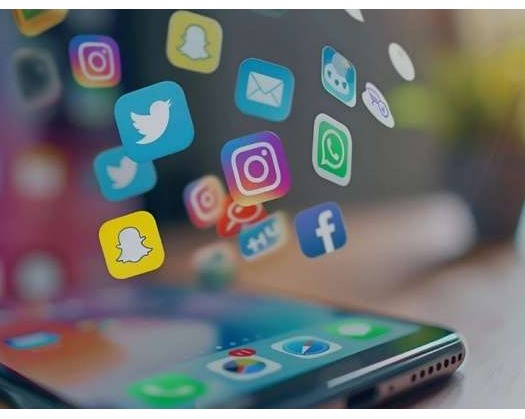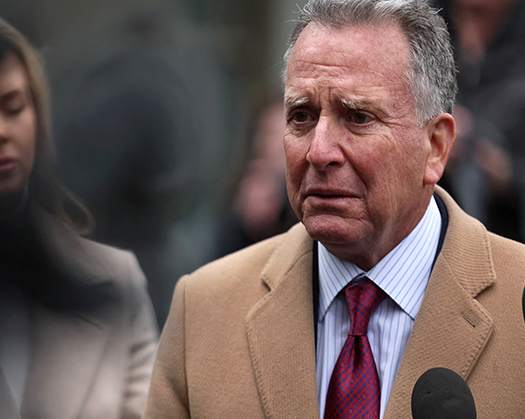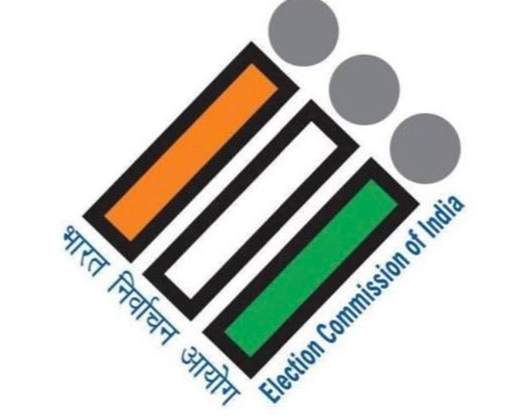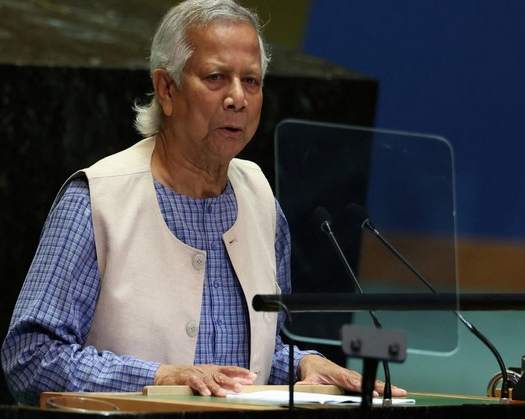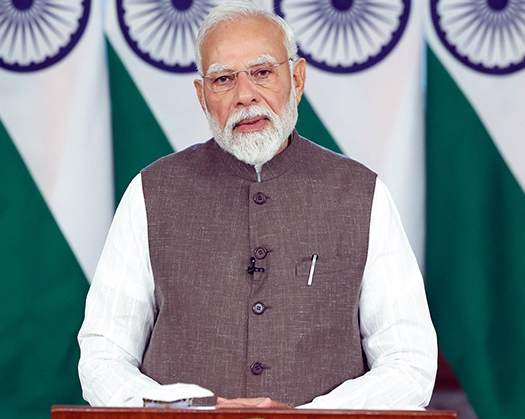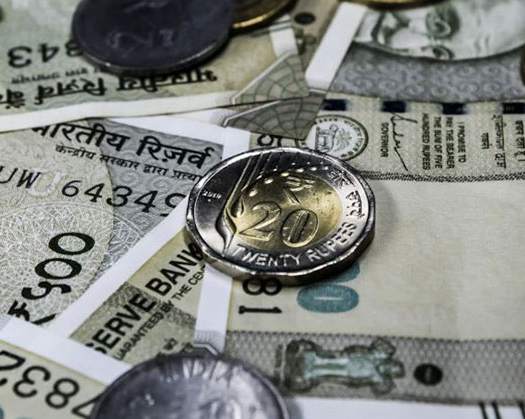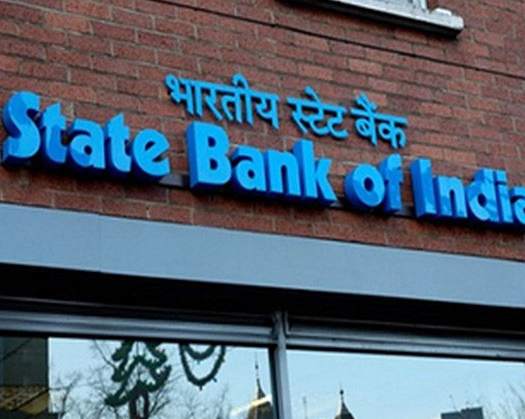MUSCAT: While social media continues to transform the way people communicate, mental health professionals in Oman are raising the warning about its less visible but highly disturbing psychological impact, particularly on decision-making, emotional well-being, and cultural values.
According to Dr. Basma bint Fakhri Al Said, a well-known mental health expert and PTSD trainer, the most serious risk is the potential of digital information to gradually modify ideas and attitudes.
"From anxiety-inducing comparisons to pressure-filled depictions of 'perfect' lives, social media frequently leads people to make bad judgments under emotional stress," she added.
Dr. Basma emphasized that continual exposure to unattainable expectations can contribute to low self-esteem, detachment, and even social media addiction, which in some instances originates from unresolved childhood concerns.
She urged people to seek expert assistance for mental health issues rather than relying on social media influencers. "People must be careful not to link follower count with credibility," she said, calling for more awareness of psychological counseling and healthier internet habits such as screen time restrictions and real-world social interaction.
Samra bint Saeed Al Maashari, a psychologist with the Ministry of Social Development, agreed that social media has some positive aspects, such as creating virtual communities and spreading mental health awareness campaigns. "These sites can help individuals find support and a sense of belonging, particularly those suffering from anxiety or depression," she added. However, she cautions that ongoing comparison, exposure to hate speech, and cyberbullying can lower self-esteem, interfere with sleep, and reduce performance.
Samra highlighted that youngsters are more susceptible to inappropriate information and proposed a combination of time management, family contact, and therapy — including cognitive behavioral therapy (CBT) and group sessions — as effective ways to reduce digital overdependence.
"Social media can create a phony virtual identity and distort reality, resulting in emotional disorientation and misinformed decisions," she said.
Fatima bint Amer Al Sunaidi, a counseling and guidance expert at Sultan Qaboos University, emphasized the impact of social media on social dynamics and interpersonal relationships. "What began as a tool for connection has evolved into a medium that subtly shapes opinions, values, and decisions without users realizing it," she said.
Fatima emphasized the psychological hazards of long-term exposure to negative or manipulative material and advocated for organizational initiatives to promote digital literacy.
"To counteract this rising influence, we must focus on media education and improve critical thinking and self-control," she said. "Only then can individuals learn to distinguish good material from dangerous messages."
All three experts agreed that, while social media may serve as a source of support and awareness, uncontrolled usage and blind acceptance of information create significant challenges for mental health and social peace.

